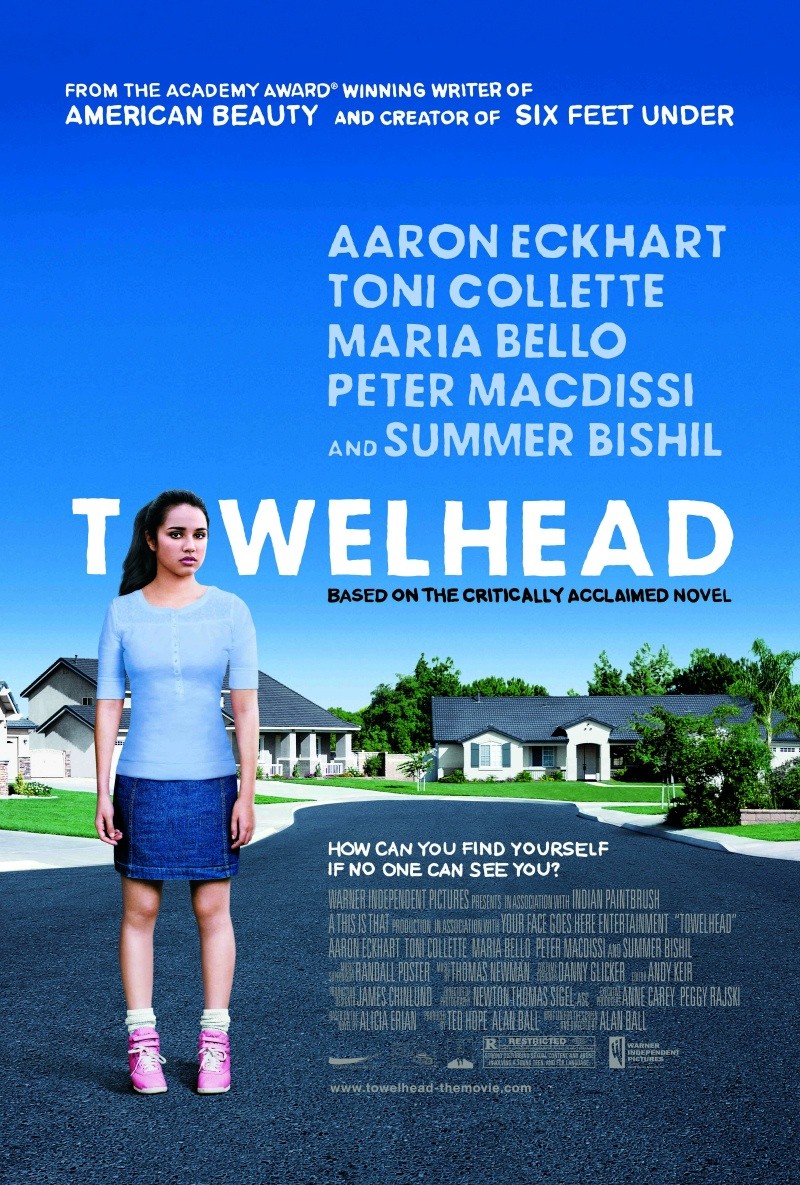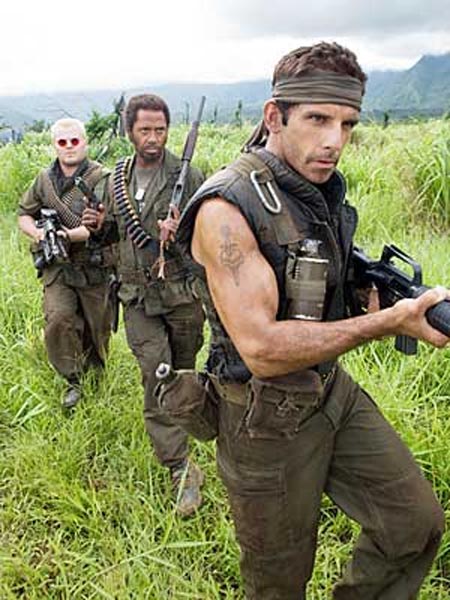Spinning Into Butter
Posted on March 26, 2009 at 2:45 pm
B| Lowest Recommended Age: | Middle School |
| MPAA Rating: | Rated R for language |
| Profanity: | Very strong language including racial epithets |
| Alcohol/ Drugs: | Drinking and smoking |
| Violence/ Scariness: | Some violence |
| Diversity Issues: | A theme of the movie |
| Date Released to Theaters: | March 27, 2009 |
The best of intentions and a welcome willingness to engage on the touchiest issues is not enough to keep this movie from feeling more like a seminar than a story. It betrays its origins as a play, still talky and static. But its ideas are so provocative and its approach so sincere and constructive that it is worth a look.
Sarah Jessica Parker, far away from designer duds and trying to look serious and a little mousy, plays Sarah Daniels, the dean of a small liberal arts college with a genteel, Vermont campus. Some anonymous racist attacks are leveled at a new black student and there is disagreement within the faculty and administration about how to handle it. They schedules a campus-wide meeting, but the students are not invited to speak. A local news reporter (Mykelti Williamson) wants to cover the story but the administration is furious. In the middle of all of this is Sarah, who wants to explore the issue in a substantive and constructive way and acknowledges that she has some internal conflicts she is not proud of.
The title comes from the classic children’s story Little Black Sambo, now considered unacceptably racist. In that story, the tigers chase each other so fast that they spin into butter. Here, the way that the issue is addressed — or sidestepped — leads to a similar result, with everyone racing to avoid responsibility. Out of the best of intentions, at the beginning of the film, Sarah asks a student (the always-superb Victor Rasuk) to change his racial classification from NYrican to Puerto Rican to qualify for a scholarship. It is a good lead-in to a series of discussions, confrontations, and missed communications about America’s most sensitive and least-often honestly discussed issue. The best thing about this movie will be the conversations it inspires on the way home.


